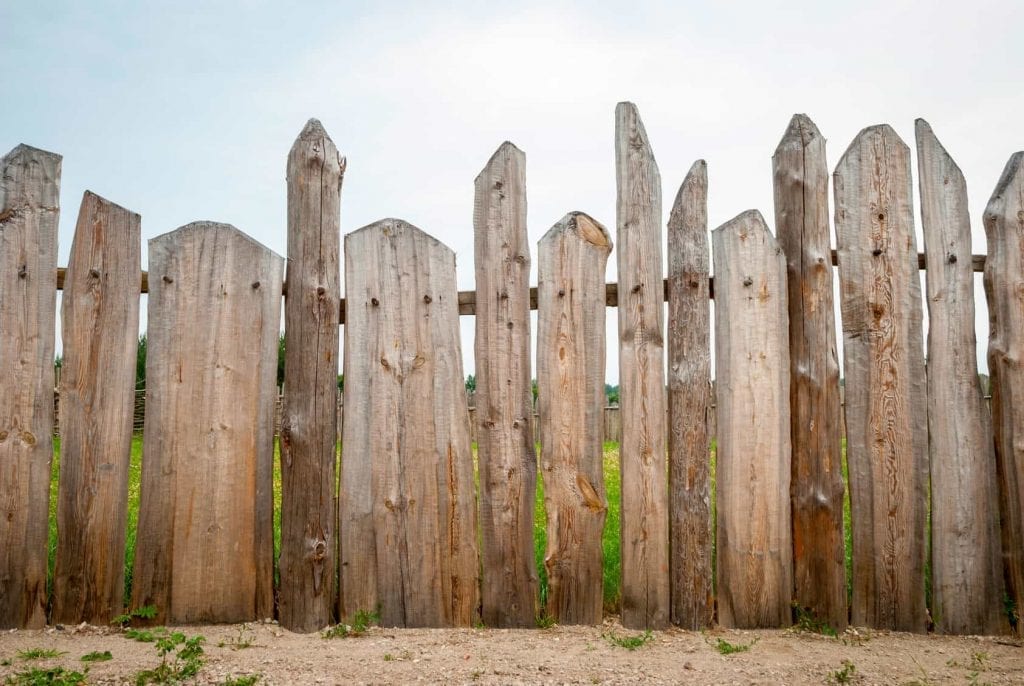
An important part of staying sober after recovery is learning to avoid temptation and triggers that will send you back into bad old habits. In order to create an environment that will nurture your recovery when you come home, you need to learn how to set boundaries in your life and your relationships.
Many of us hesitate to set boundaries, thinking that it makes us cowardly, selfish, or mean. However, boundaries are actually a mark of courage and compassion, according to researcher Brene Brown:
“Daring to set boundaries is about having the courage to love ourselves, even when we risk disappointing others.”
Decide now that you’ll set boundaries in your life in order to protect your emotional and physical health. Remember this important truth: only when you properly care for yourself can you effectively care for others.
Acknowledging Responsibility and Limitations
There’s a mantra used in the AA program that you might be familiar with, called the Serenity Prayer:
“God, grant me the serenity to accept the things I cannot change,
Courage to change the things I can,
And wisdom to know the difference.”
The first part of this prayer reminds us that there are simply things in life that we cannot change. One of the challenges we face after addiction recovery is knowing which things are in our power and which things aren’t. Although we may influence other people around us, we cannot dictate their choices and actions.
On the other hand, we can set boundaries that moderate the way that their behavior affects us.
Determining Where & When to Set Boundaries
During your recovery process, you probably went through counseling to learn your triggers, and the things in your environment that contributed to your addiction. You probably even troubleshot ways to change your environment and habits when you return home. However, now that you actually are home, you may be finding that there’s more that you have to do. Setting boundaries that will aid in your recovery isn’t just about limiting your access to situations and people that make you backpedal into substance abuse. It’s also about protecting your mental and emotional health and guarding yourself against the things that drain and hurt you.
Follow these Steps to Protect Your Recovery
- Acknowledge your feelings and problems. Remember that your emotions are valid. Sometimes they’re simply a side effect of life, but sometimes they’re signals that we need to change something. Know that your emotions–your pain, frustration, and struggle–are just as valid as anyone else’s.
- Zero in on the problems. Note which things, situations, and people lead to the feelings of pain, frustration and struggle.
- Examine the exact source of your feelings. Are things in your past making you react a certain way? (Note: this doesn’t invalidate your feelings, it’s just an important part of the conversation.) Would you understand if someone else had the same reactions that you did?
- Communicate your boundaries effectively. For example, “The way that you criticize my appearance is not okay with me.”
Stick to your standards, and learn to communicate your needs early – before they’ve been breached. This will lead to harmony in your relationships and in your life.
